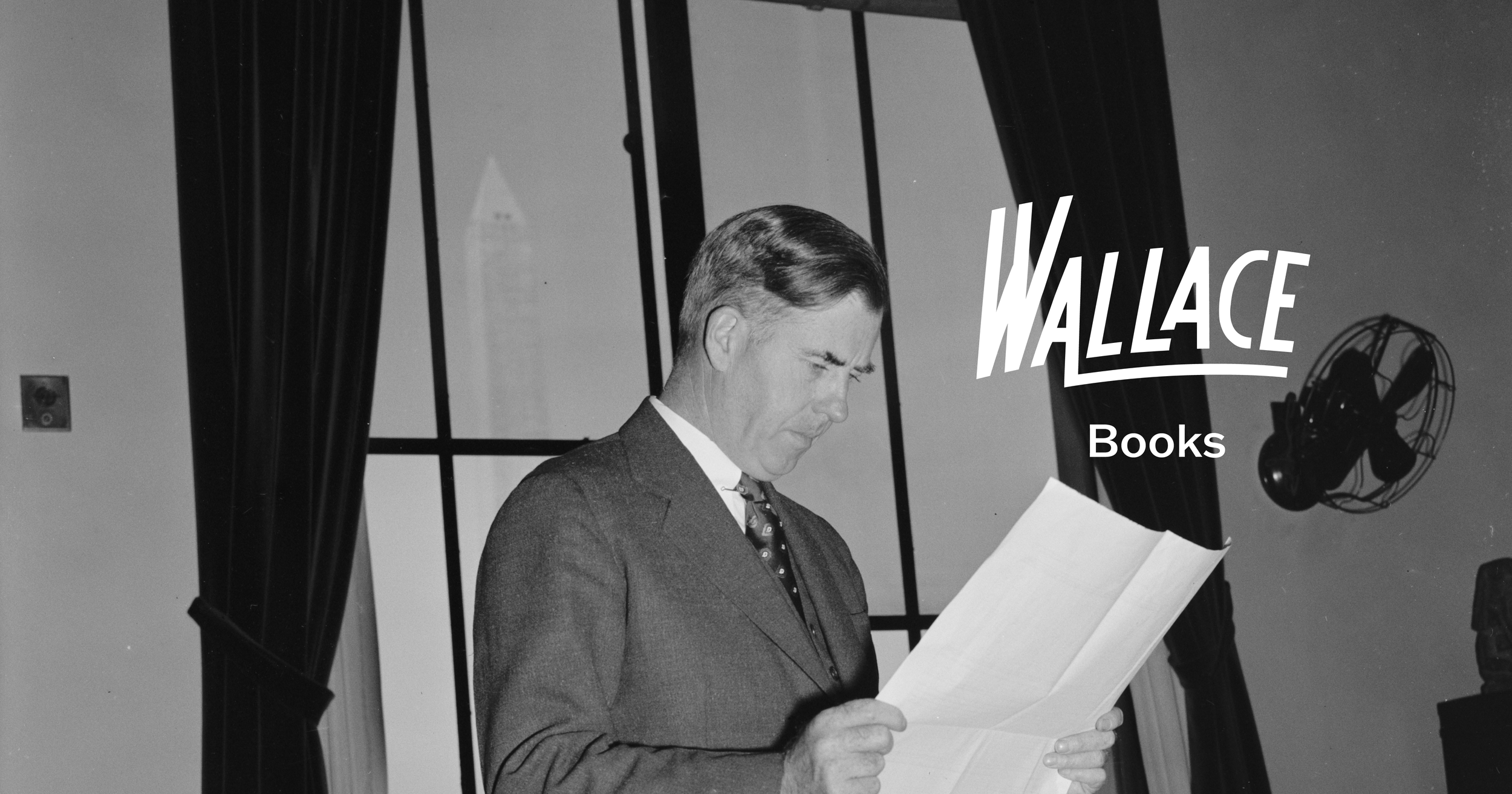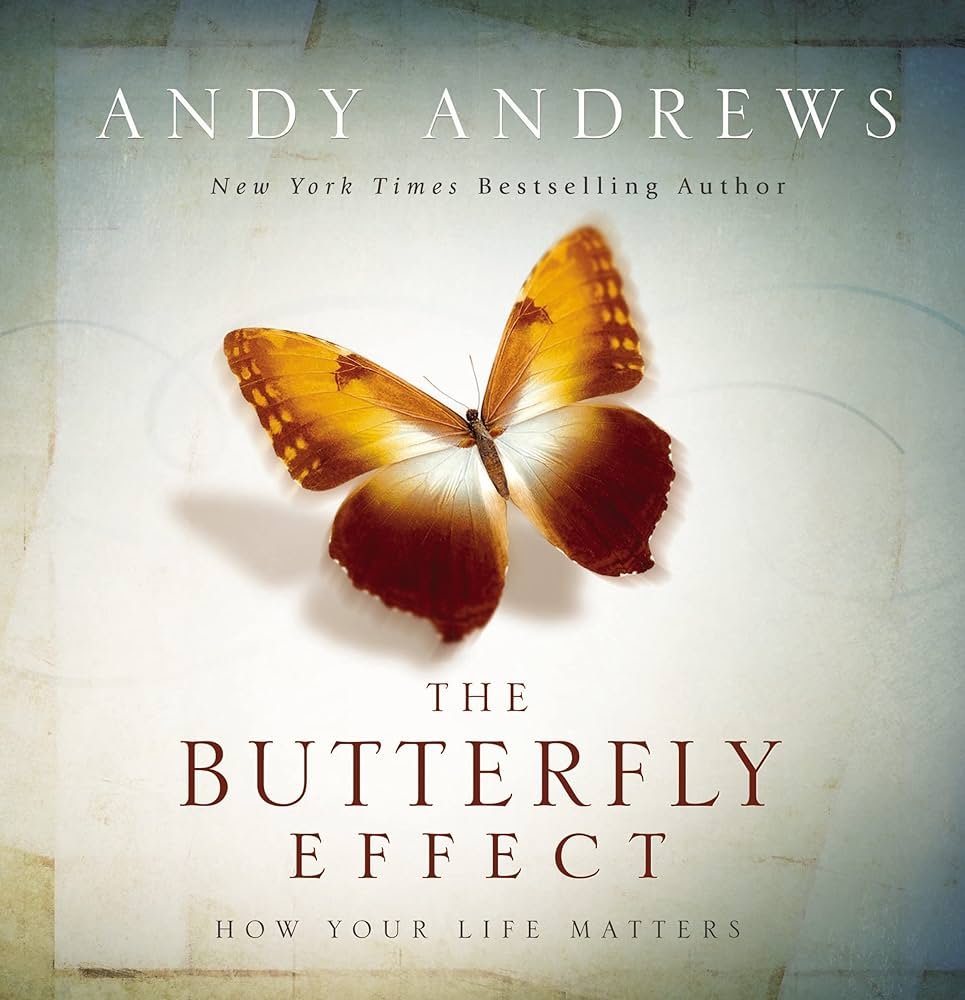
Books and Film

Notable works written about Vice President Wallace:
"Masterful.”
—The Guardian
"Propulsive."
—The Wall Street Journal
"Leebaert has done the near impossible—crafted a fresh and challenging portrait of the man and his inner circle.”
— Richard Norton Smith, author of “An Uncommon Man,” former director of the Hoover, Eisenhower, Reagan, and Ford presidential libraries
“A fascinating and absorbing analysis of FDR’s brilliantly chosen team of four courageous and creative men and women.”
— Susan Dunn, author of “1940: FDR, Willkie, Lindbergh, Hitler—the Election Amid the Storm,” Massachusetts Professor of Humanities, Williams College.
Unlikely Heroes: Franklin Roosevelt, His Four Lieutenants, and the World They Made
Leebaert, Derek. (2023) Unlikely Heroes: Franklin Roosevelt, His Four Lieutenants, and the World They Made. St. Martin’s Press, an Imprint of St. Martin’s Publishing Group.
The Fight for the Soul of the Democratic Party: The Enduring Legacy of Henry Wallace's Anti-Fascist, Anti-Racist Politics
Nichols, John. (2020). The Fight for the Soul of the Democratic Party: the Enduring Legacy of Henry Wallace’s Anti-Fascist, Anti-Racist Politics. Verso Books.
"Every progressive must read this book. John Nichols reminds us that Henry Wallace was the true heir to Roosevelt’s New Deal. He stood up against militarism, championed health care as a right, and fought for racial justice. When the party bosses denied Wallace a place on the Democratic Party’s 1944 ticket, they chose caution over a bold vision for ‘winning the peace’ with an Economic Bill of Rights and the Four Freedoms. As Nichols reveals, that set a pattern for compromise that sold the party and the nation short. Now, seventy-five years later, as progressives again fight for the soul of the Democratic Party, Nichols gives us the history and vision for a new progressive era."
— Representative Ro Khanna
"Henry Wallace is a political figure—one of the giants of the mid-twentieth century—who has kind of been pushed out of the national political discussion … Nichols [tells us] that one of the reasons Wallace was not renominated in 1944 was because of his opposition to racism. The segregationists didn’t want him around."
— Senator Bernie Sanders
“Nichols is a remarkable thinker and writer. He recognizes that fights that were not won in the past by advocates of economic and racial justice and peace can now be won—if we are determined enough, and hopeful enough, to carry the struggle forward.”
— Reverend Jesse Jackson
“Henry Wallace thought we could avoid the Cold War internationally and work on addressing racism at home. He was ahead of his time, and he was punished for that. Maybe, now, we can recognize he was right about a lot of things.”
— Noam Chomsky
American Dreamer: A Life of Henry A. Wallace
Culver, John C., and John Hyde. (2001). American Dreamer: The Life and Times of Henry A. Wallace. W.W. Norton.
A Washington Post Best Book of the Year.
"A careful, readable, sympathetic but commendably dispassionate biography."
― Arthur Schlesinger, Jr., Los Angeles Times Book Review
"In this masterly work, Culver and Hyde have captured one of the more fascinating figures in American history. American Dreamer is a wonderful tale of the rich and varied life of a good man whose rightful place in history is now assured."
― Doris Kearns Goodwin, author of “No Ordinary Time”
"Wonderfully researched and very well written...an indispensable document on both the man and the time. Roosevelt alone excepted, Henry Wallace was the most interesting and in many ways the most effective of all New Dealers."
― John Kenneth Galbraith
"A fascinating, thoughtful, incisive, and well-researched life of the mysterious and complicated figure who might have become president..."
― Michael Beschloss, author of “Taking Charge: The Johnson White House Tapes, 1963-1964”
"This is a great book about a great man. I can't recall when―if ever―I've read a better biography." ― George McGovern
"[A] lucid and sympathetic portrait of a fascinating character. Wallace's life reminds us of a time when ideas really mattered."
― Evan Thomas, author of “The Very Best Men: The Early Years of the CIA”
"Everyone interested in twentieth-century American history will want to read this book."
― Robert Dallek, author of Flawed Giant
"At long last a lucid, balanced and judicious narrative of Henry Wallace...a first-rate biography."
― Douglas Brinkley, author of “The Unfinished Presidency”
"A fine contribution to twentieth-century American history."
― James MacGregor Burns, author of “Dead Center: Clinton-Gore Leadership and the Perils of Moderation “
"[E]minently readable...a captivating chronicle of American politics from the Depression through the 1960s."
― Senator Edward M. Kennedy
"Many perceptions of Henry Wallace, not always favorable, will forever be changed."
― Dale Bumpers, former US Senator, Arkansas
The Butterfly Effect: How Your Life Matters
Andrews, Andy. (2011). The Butterfly Effect: How Your Life Matters. Sourcebooks.
The book tells the inspirational story of Henry A. Wallace's ripple effect on world history — how Wallace was tutored in botany as a young child by George Washington Carver, and how the plant-breeding lessons he learned led him to help establish an agricultural research station in Latin America as U.S. Vice President. Headed by young Iowa agronomist Norman Borlaug, the agricultural research station grew into the "Green Revolution" credited with saving two billion lives from starvation and earned Borlaug the 1970 Nobel Peace Prize.
"New York Times bestselling author Andy Andrew shares a compelling and powerful story about a decision one man made over a hundred years ago, and the ripple effect it has on us individually, and nationwide, today. The Butterfly Effect is a story that will inspire courage and wisdom in the decisions you make, and will affect the way you treat others throughout your lifetime."
— Amazon review
Henry Wallace, Harry Truman and the Cold War
Walton, Richard J. (1976). Henry Wallace, Harry Truman and the Cold War. University of Michigan.
The Rise and Fall of the People's Century: Henry A. Wallace and American Liberalism
Markowitz, Norman D. (1973). The Rise and Fall of the People's Century: Henry A. Wallace and American Liberalism. Free Press.
Prophet in Politics: Henry A. Wallace and the War Years, 1940-1965
Schapsmeier, Edward L. and Frederick H. (1971). Schapsmeier. Prophet in Politics: Henry A. Wallace and the War Years, 1940-1965.
Democrats and Progressives: The 1948 Presidential Election as a Test of Postwar Liberalism
Yarnell, Allen. (2022). Democrats and Progressives: The 1948 Presidential Election as a Test of Postwar Liberalism. University of California Press.
Notable works authored by Vice President Wallace:
New Frontiers
Wallace, A. H. (1934). New Frontiers. Reynal and Hitchcock.
Statesmanship and Religion
Wallace, A. H. (1934). Statesmanship and Religion. Round Table Press, Incorporated.
Sixty Million Jobs
Wallace, A. H. (1945). Sixty Million Jobs. Simon and Schuster.
Toward World Peace
Wallace, A. H. (1948). Toward World Peace. Reynal and Hitchcock.
The Price of Free World Victory
Wallace, A. H. (1942). The Price of Free World Victory. U.S. Government Printing Office.
Soviet Asia Mission
Wallace, A. H. (1946). Soviet Asian Mission. Reynal and Hitchcock.
Democracy Reborn
Wallace, A. H. (1944). Democracy Reborn. Reynal and Hitchcock.
Whose Constitution: An Inquiry into the General Welfare
Wallace, A. H. (1971) Greenwood Press.
Click here for a complete list of Henry A. Wallace’s publications.






